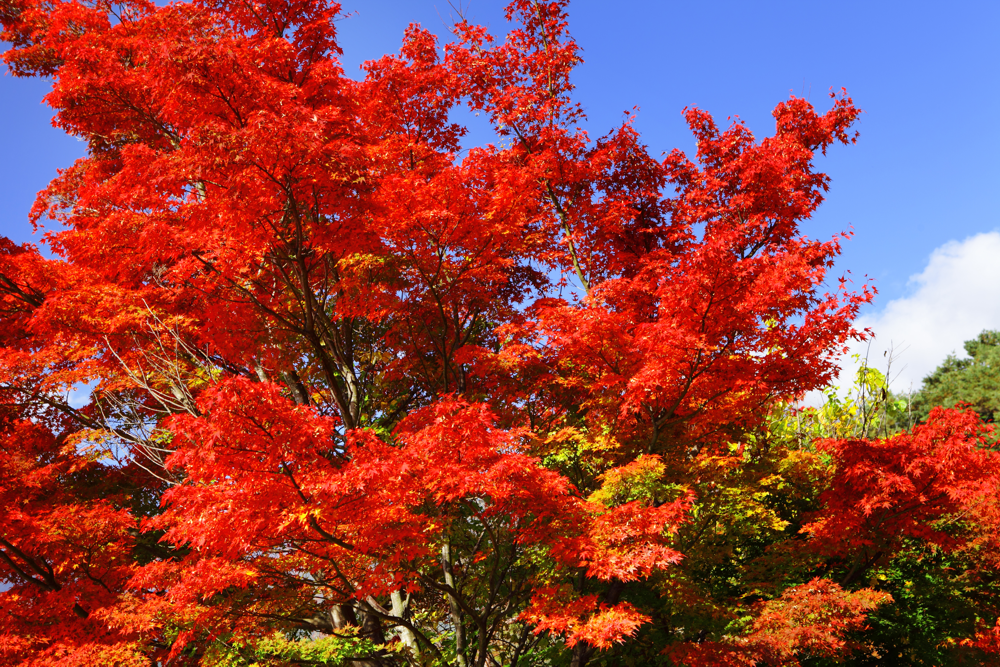González-Sarrías, A.; Ma, H.; Edmonds, M.E.; Seeram, N.P. Maple polyphenols, ginnalins A-C, induce S- and G2/M-cell cycle arrest in colon and breast cancer cells mediated by decreasing cyclins A and D1 levels. Food Chemistry, 2013, 136, 636-642.
Abstract
Polyphenols are bioactive compounds found in plant foods. Ginnalins A-C are polyphenols present in the sap and other parts of the sugar and red maple species which are used to produce maple syrup. Here we evaluated the antiproliferative effects of ginnalins A-C on colon (HCT-116) and breast (MCF-7) tumourigenic and non-tumourigenic colon (CCD-18Co) cells and investigated whether these effects were mediated through cell cycle arrest and/or apoptosis. Ginnalins A-C were twofold more effective against the tumourigenic than non-tumourigenic cells. Among the polyphenols, ginnalin A (84%, HCT-116; 49%, MCF-7) was more effective than ginnalins B and C (50%, HCT-116; 30%, MCF-7) at 50 μM concentrations. Ginnalin A did not induce apoptosis of the cancer cells but arrested cell cycle (in the S- and G(2)/M-phases) and decreased cyclins A and D1 protein levels. These results suggest that maple polyphenols may have potential cancer chemopreventive effects mediated through cell cycle arrest.


